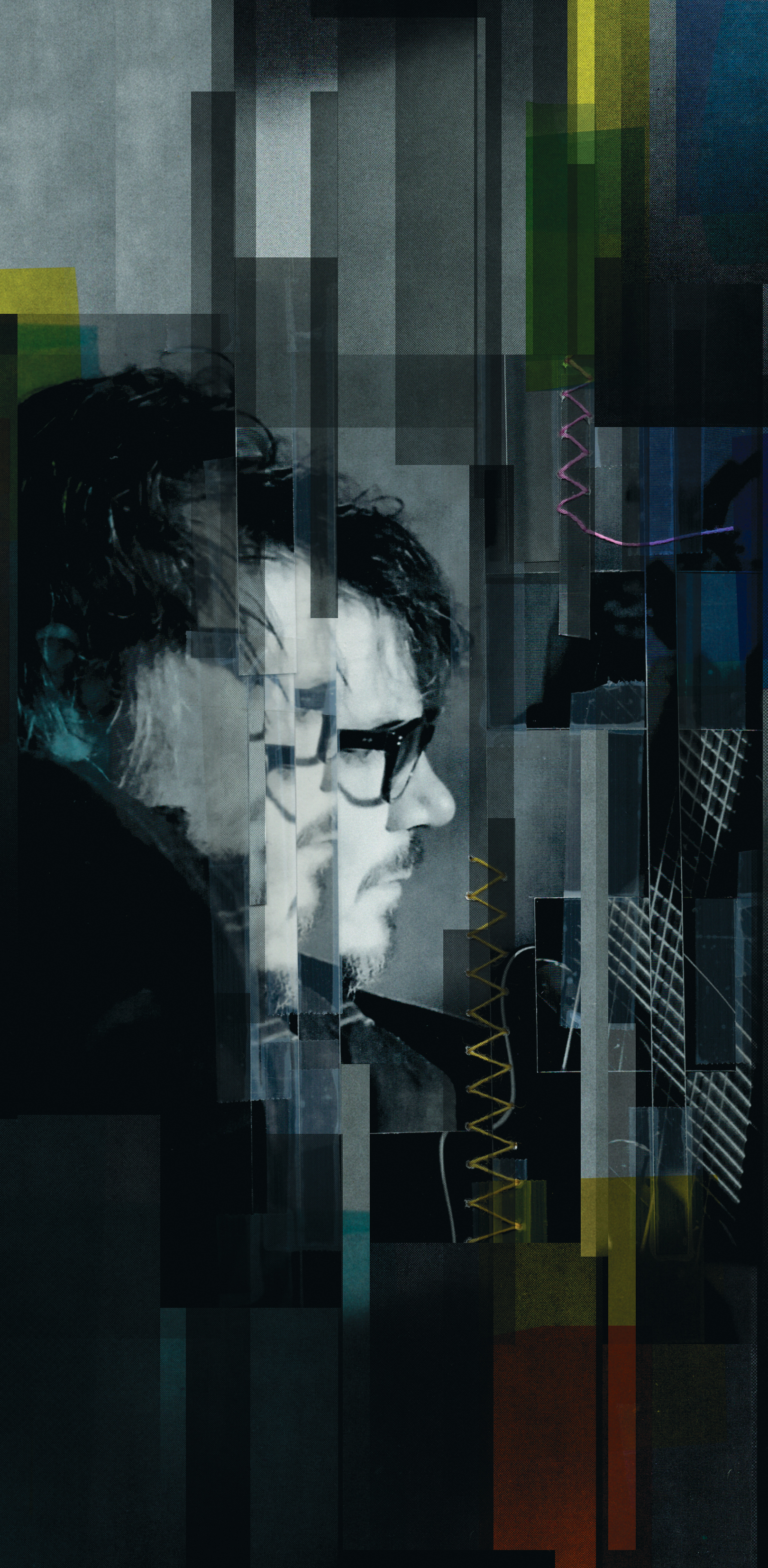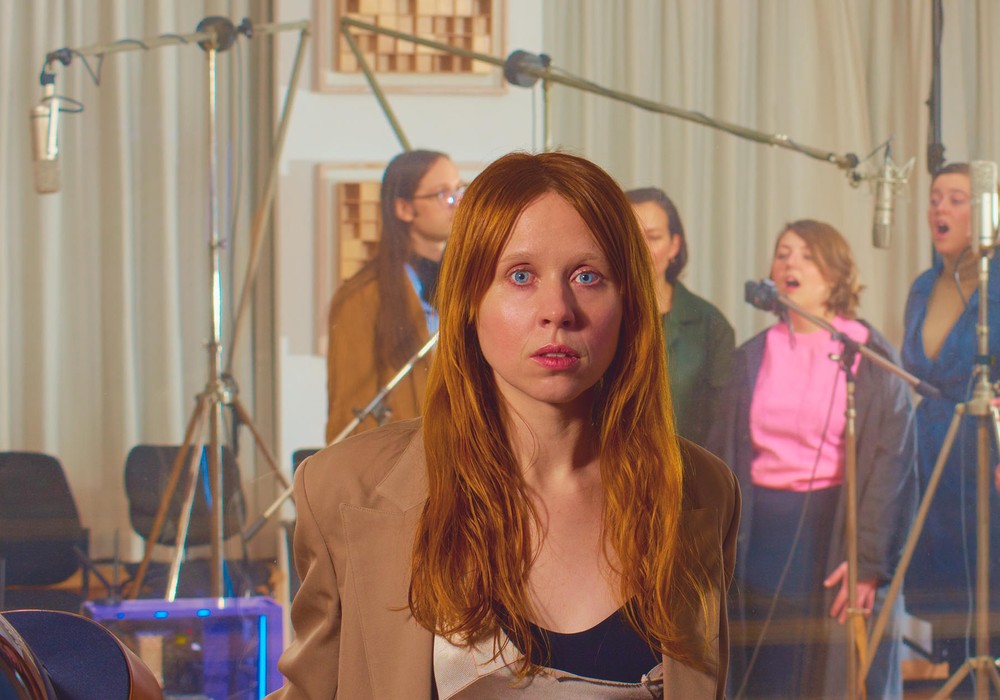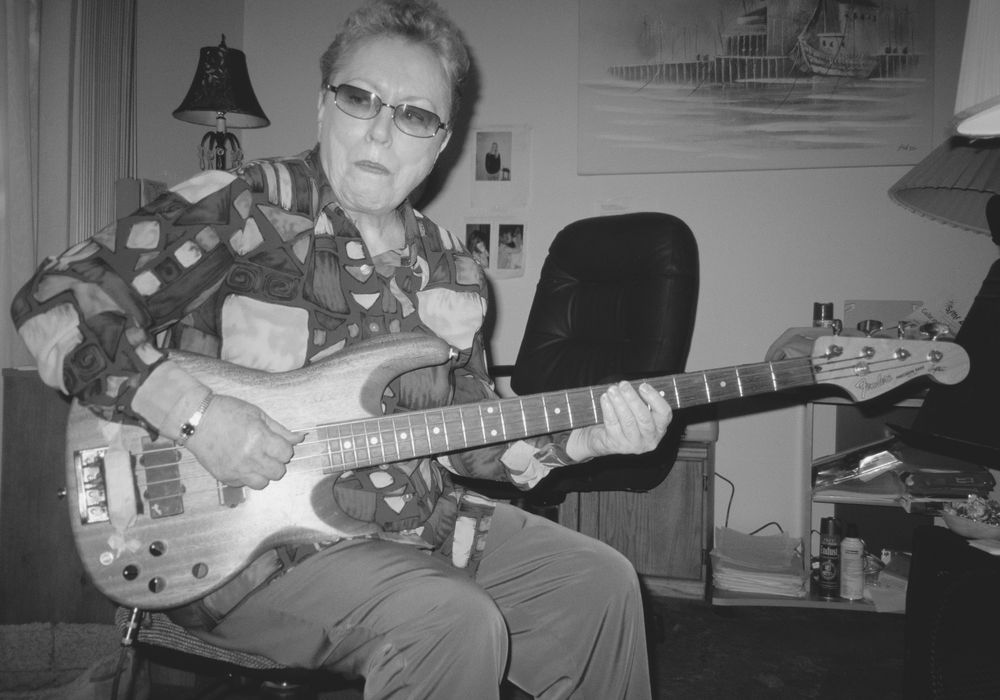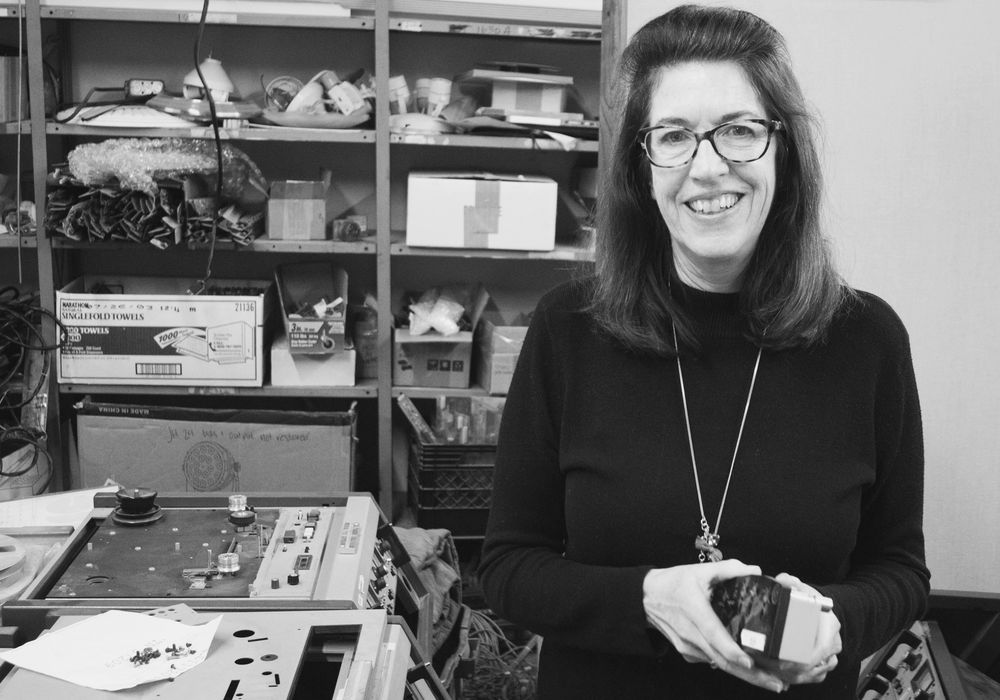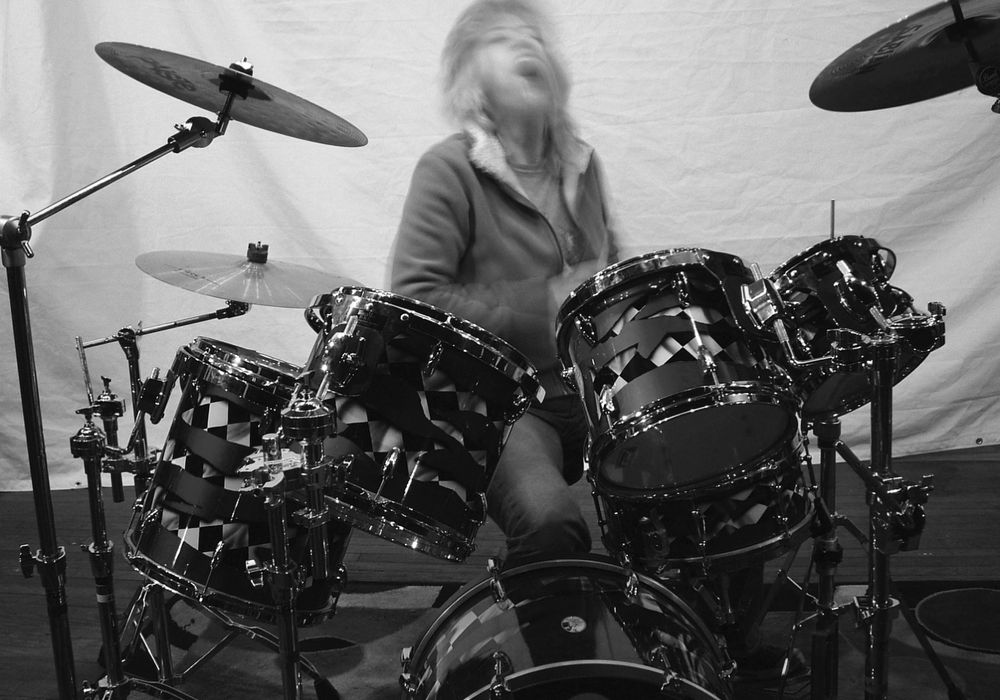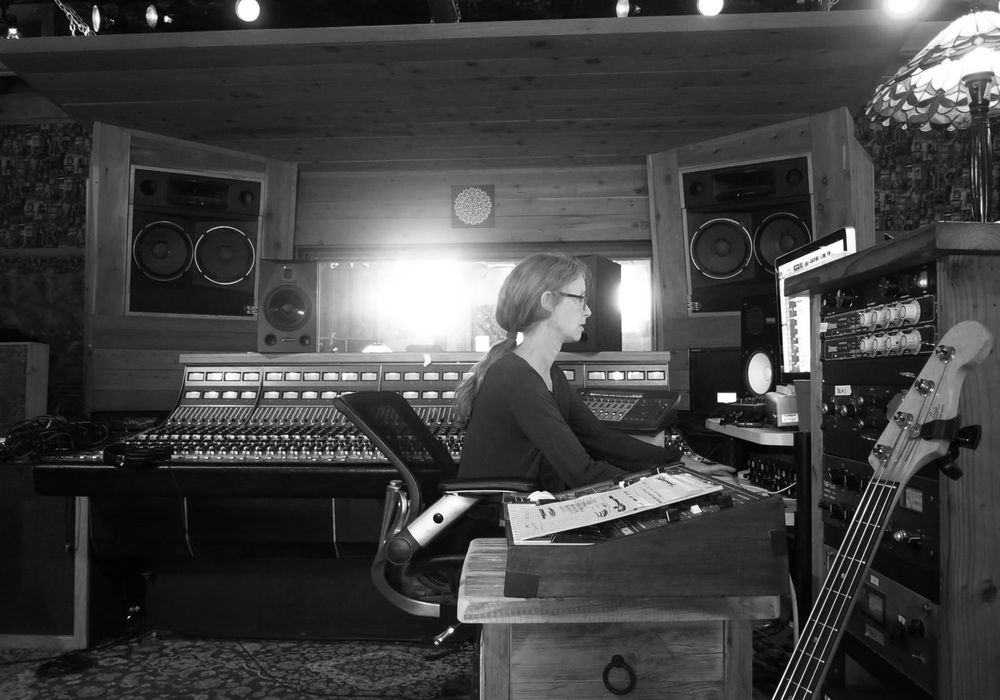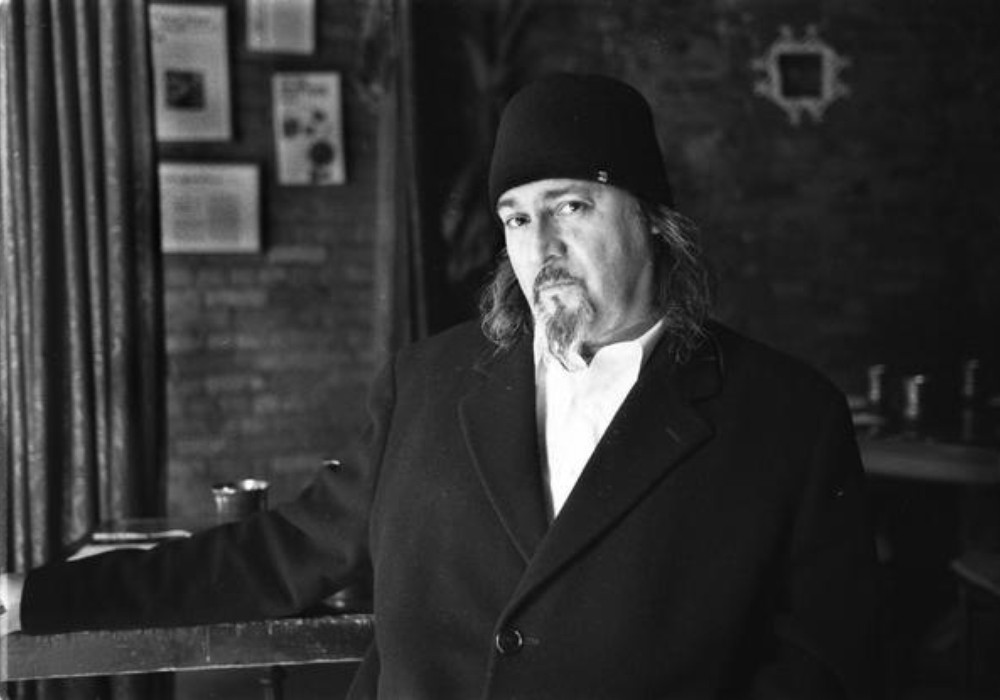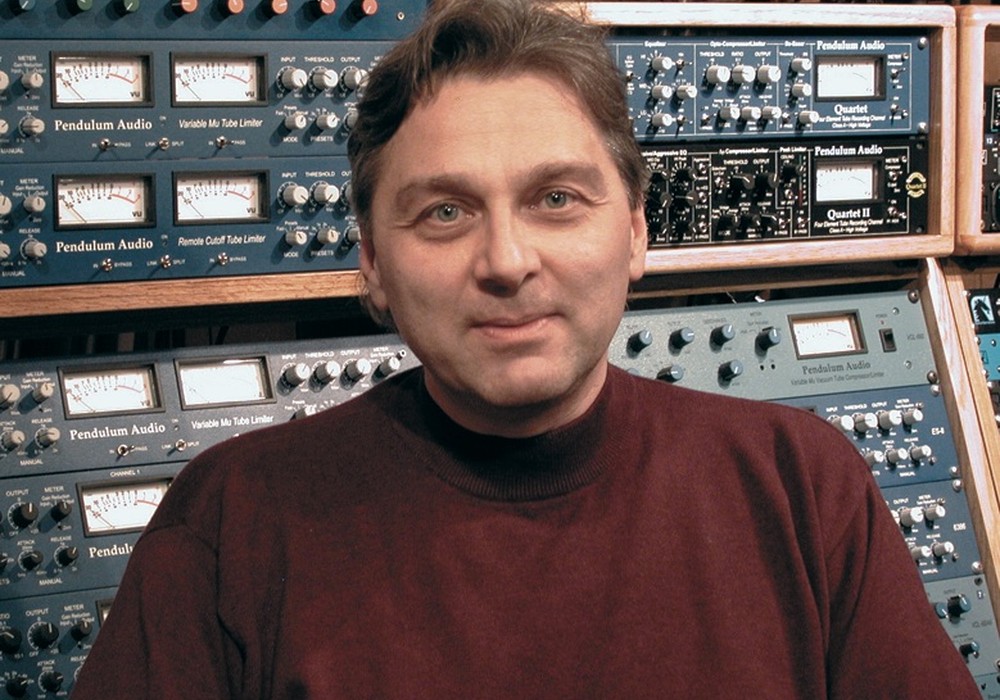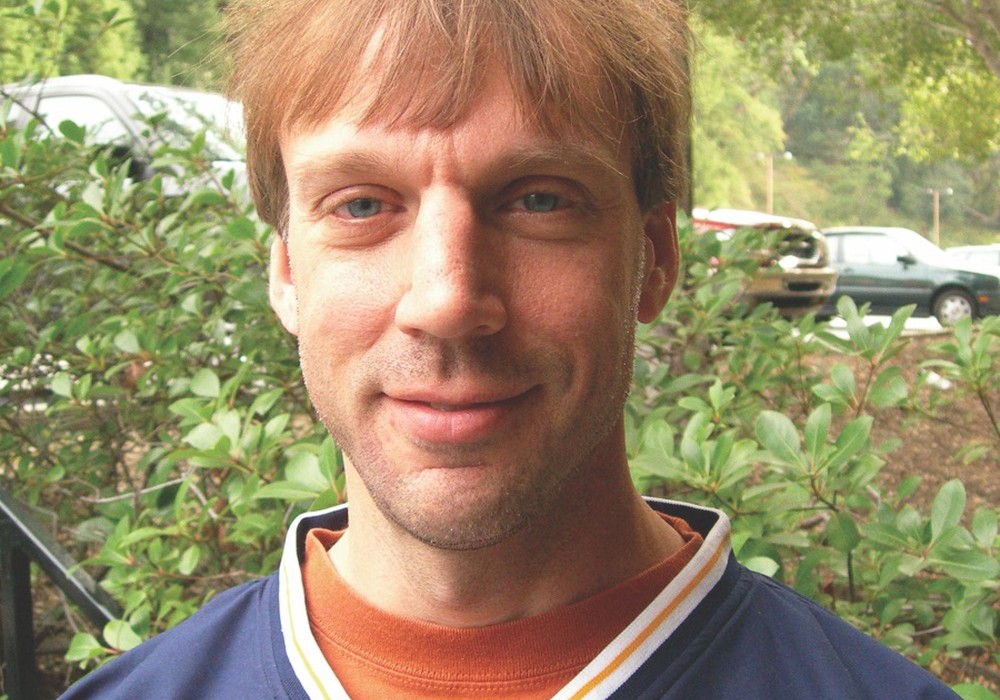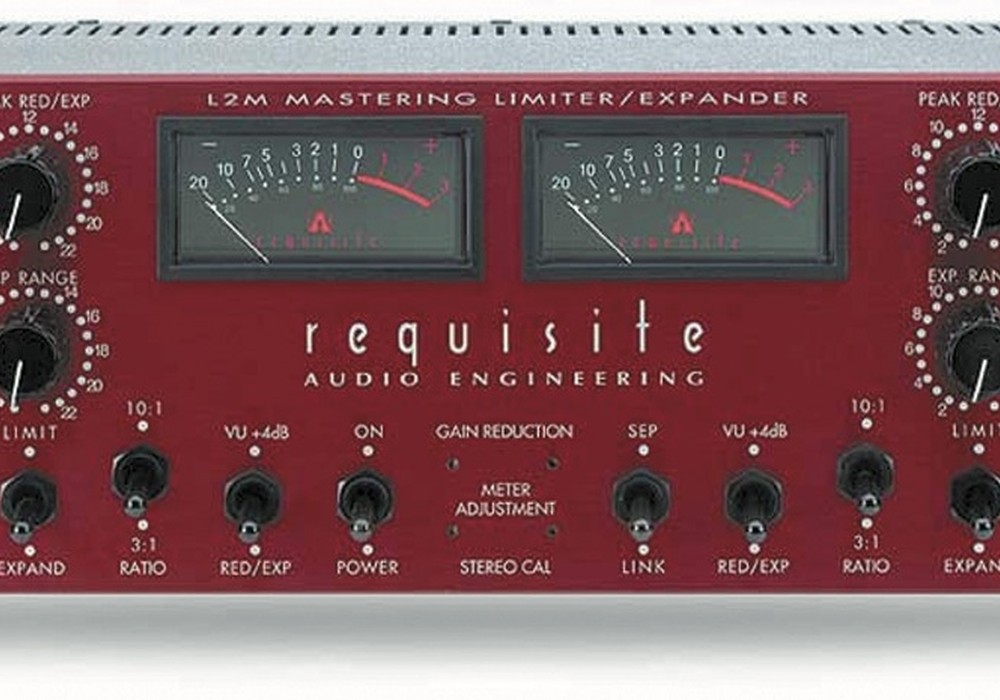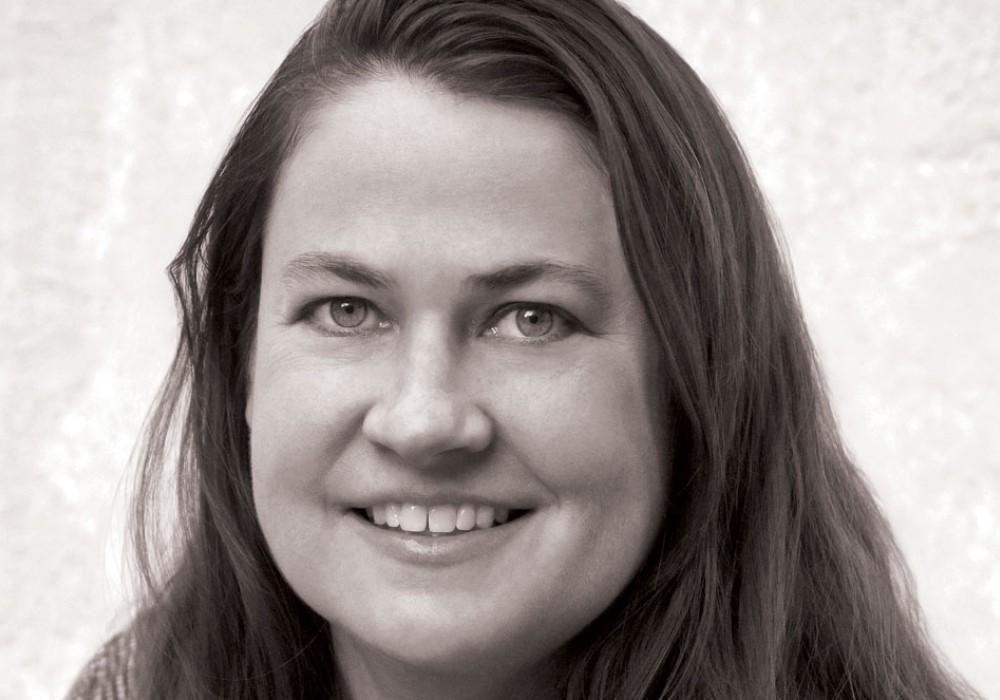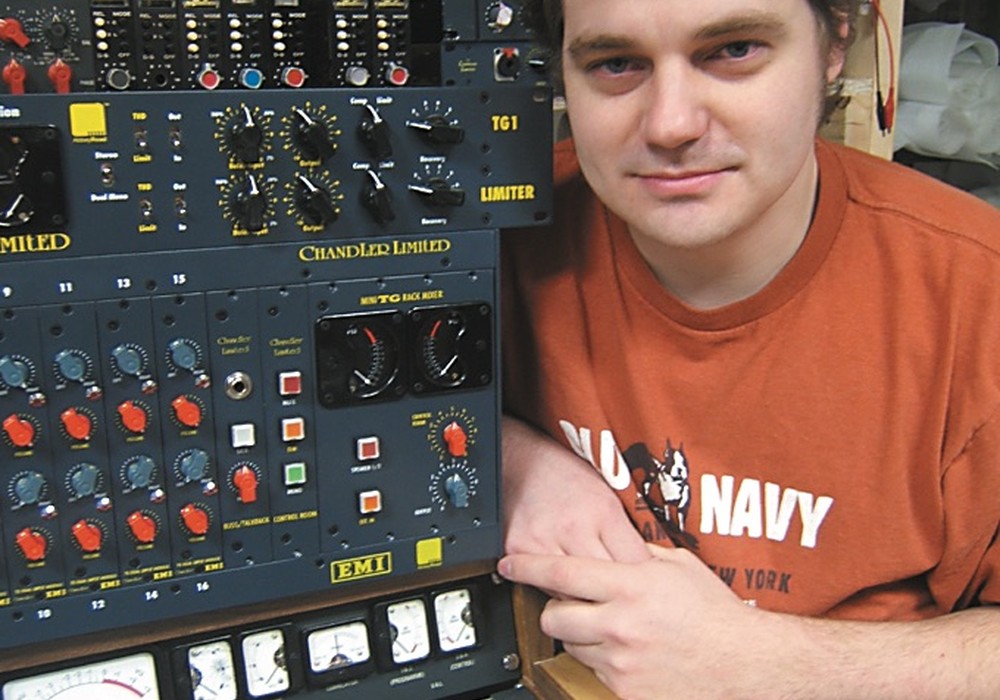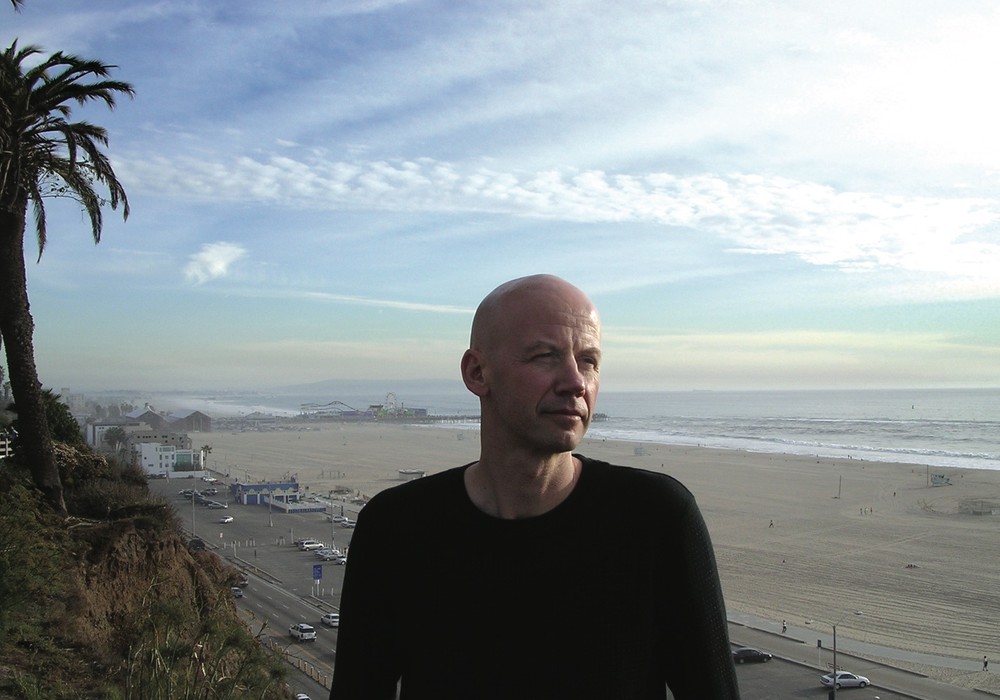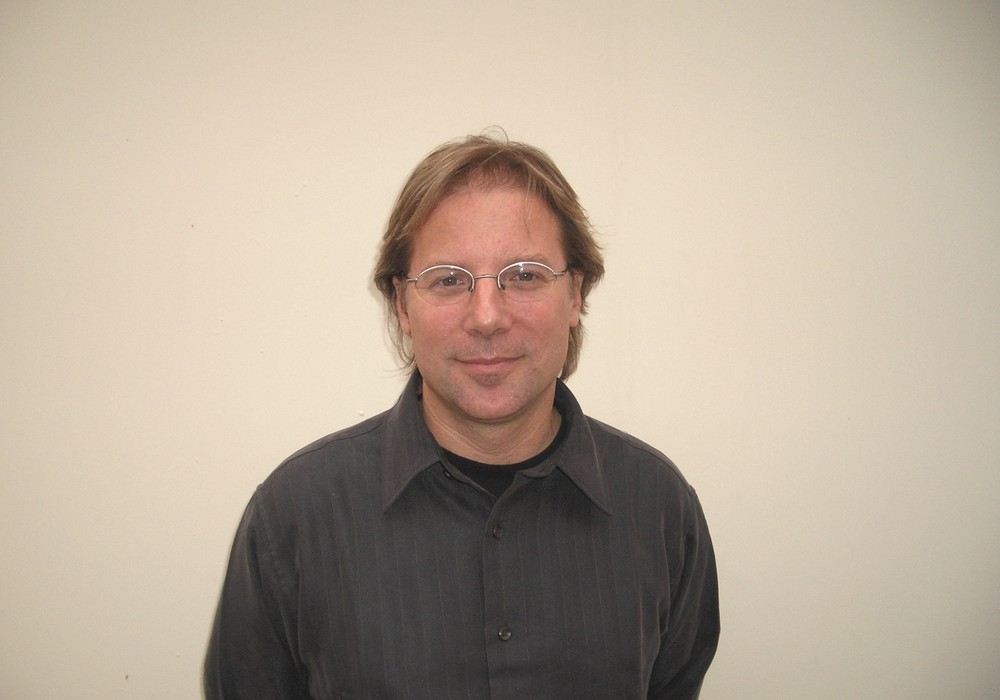In March of 2018 I met Holly Herndon at a hotel on the outskirts of Berlin, just two weeks before she was set to defend her Doctor of Musical Arts Music Composition dissertation from Stanford University, and one month before the release of her third album, PROTO, on 4AD Records. We had a fantastic conversation about the making of PROTO, her creative process, as well as what it's like to collaborate with artificial intelligence and a choral ensemble.
How you would describe what you do?
I'm a computer musician.
What does that mean?
Well, that's always what comes next. I am a composer, and I'm a performer. My primary instrument is the computer.
What were the formative experiences in becoming the musician you are today?
Well, my introduction to musical performance was through choirs, often in a liturgical setting – in church, in this emotional ecstasy that one has in the religious singing experience. Another introduction would be coming to Berlin as a teenager and hearing Eurodance in the supermarket; also the crazy, synthetic pop music that was popular here. It's like a geographical point. Another one would be moving to Oakland, going to Mills [College], and starting to use a computer in a way that I had more control over. That's the trajectory.
What led you to Mills?
I was already writing music. I went to some master classes here [in Berlin]. I took some free improvisation with [vocalist] Lauren Newton. I was trying to teach my way through some things. I had downloaded SuperCollider [a real-time audio synthesis programming language] and was trying to figure it out without any community. That is hard to do if you are coming at it blind, without any reference point. There was already a deep interest, and I was trying to figure things out myself. I figured that if I wanted to take things to the next level technically, I needed to retool. So, I decided to go to Mills.
SuperCollider was the first music-making software you interfaced with?
It was, and it wasn't what I ended up using. I ended up using Max [Max/MSP/Jitter; a visual programming language for music]. It's random. At Mills, one semester they would teach Max, and one semester they would teach SuperCollider. I happened to start on the semester they were teaching Max. That's the only reason. It's actually probably better that way, because it's visual. Actually, I was in the beta testing of Max for [Ableton] Live at the time, when I was first getting started.
Around what years?
I was at Mills from 2008 to 2010. This always happens to people when they first start to use Max: I was building this complicated, insane, disgusting patch that I'd never use again. But that's part of doing it; to learn how it works. I was building this stupid performance system that was super complicated. I spent forever on it, and then the Max for [Ableton] Live beta came out and answered everything. All of a sudden it was so much easier to do all the things I wanted to do, because I could just put individual Max patches on individual audio tracks - things that were difficult to code if you were just starting with an empty Max patch. That was a massive self-own; but it was also good, because I had to learn how to do all that. Now I have the stability of this DAW [Ableton Live] but with the flexibility of all this weirdness I want to do [Max For Live]. That then became a powerful performance tool.
I know those messy Max patches. When I was in school, I was doing the same thing. It was like, "If only there were something else!"
Then that something else came. I think a lot of people had that moment. A lot of people who didn't know what Max was bought Ableton Live, and they found out about [Max] through [Live]. Then they got into programming. That's cool that it introduced people on that level. So, then I started writing Movement [her first album] towards the end of Mills, and after Mills. Movement came out right when I started at Stanford [University]. I had no expectation that anyone would care about it at all. It was just this weird thing I made and thought was cool; then somebody wanted to put out. Then, "Oh, you're invited to play this festival." That was exciting, but...
